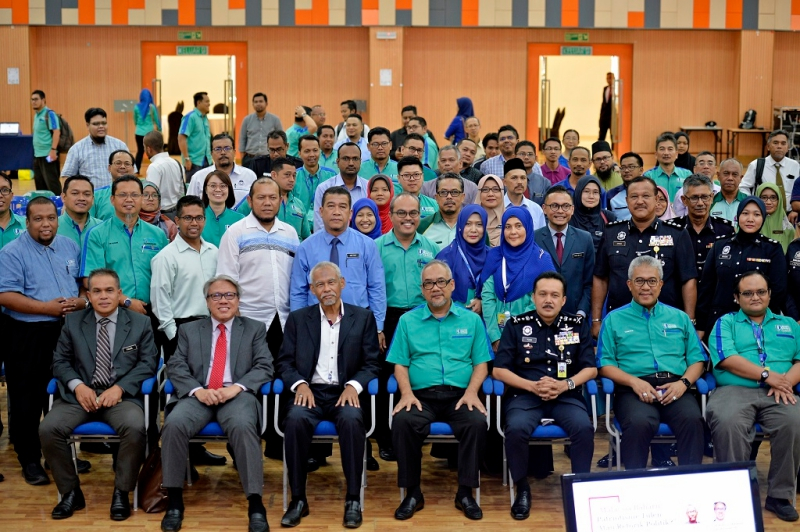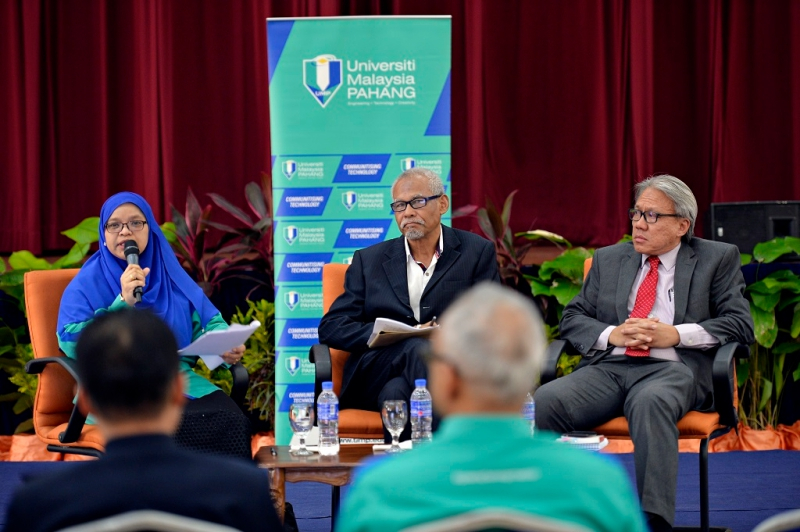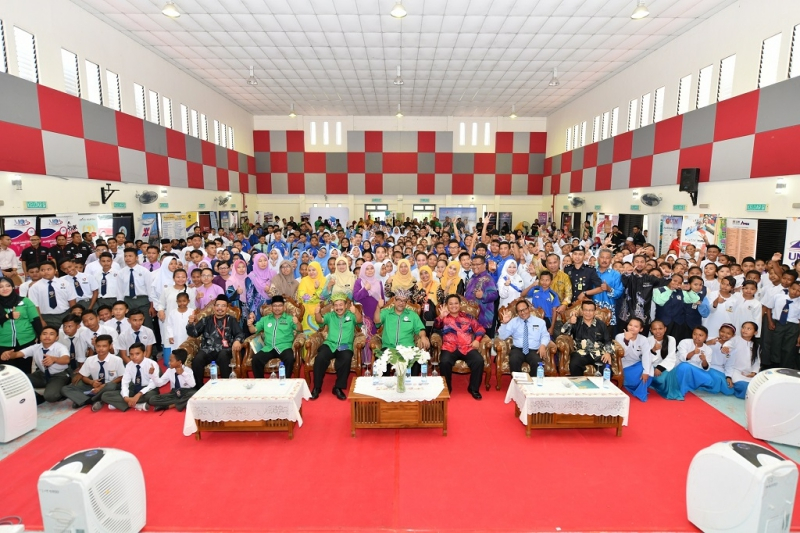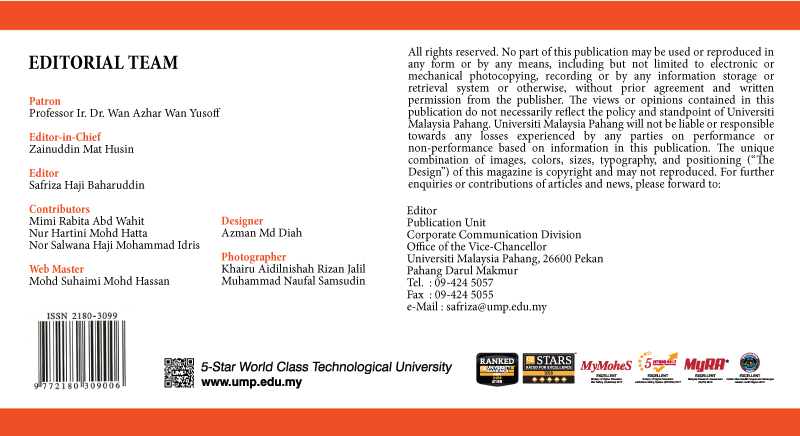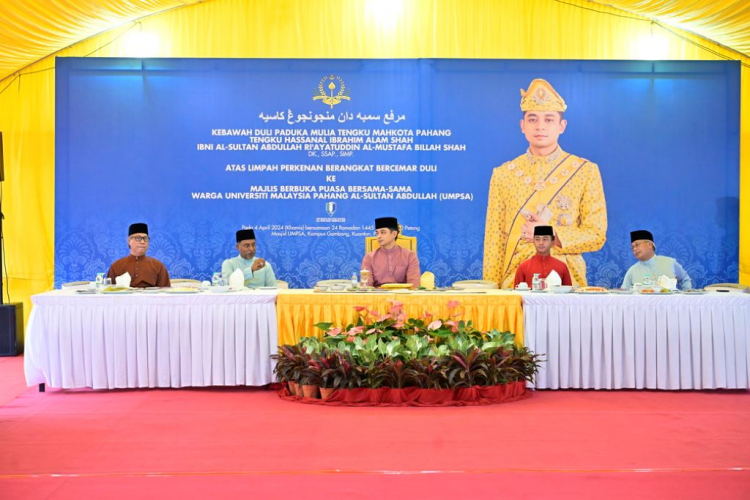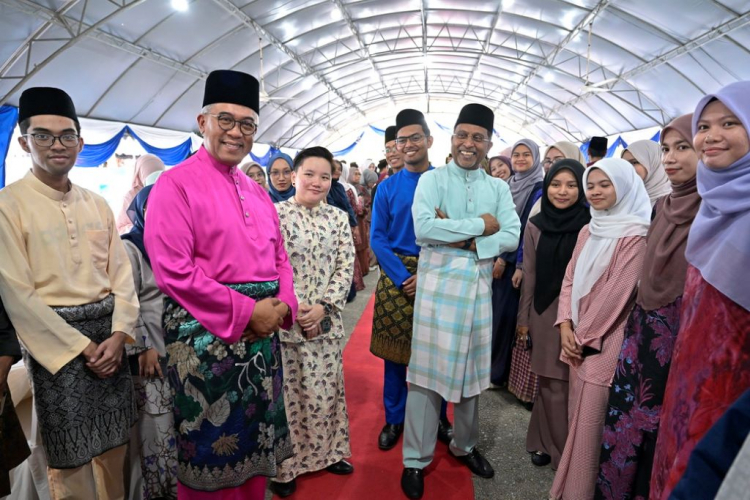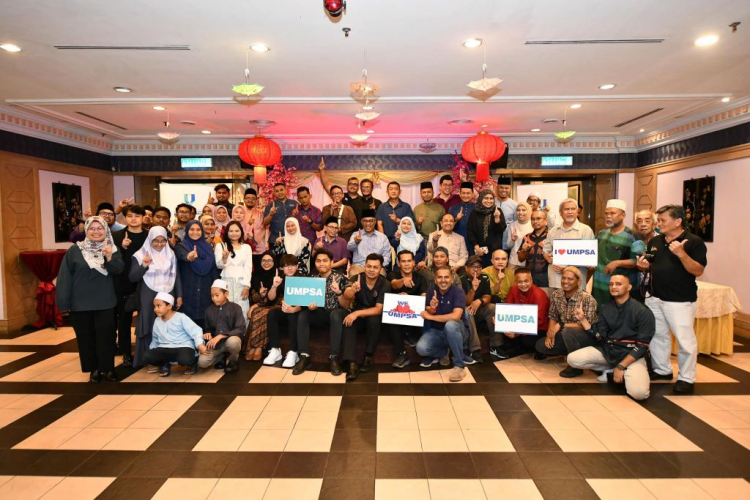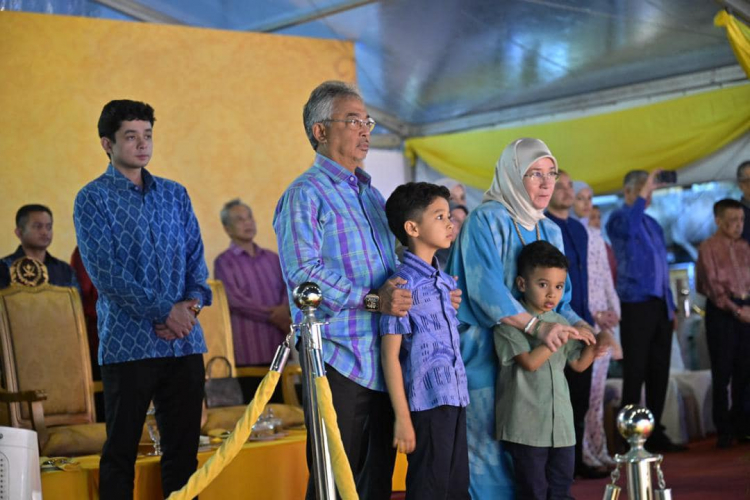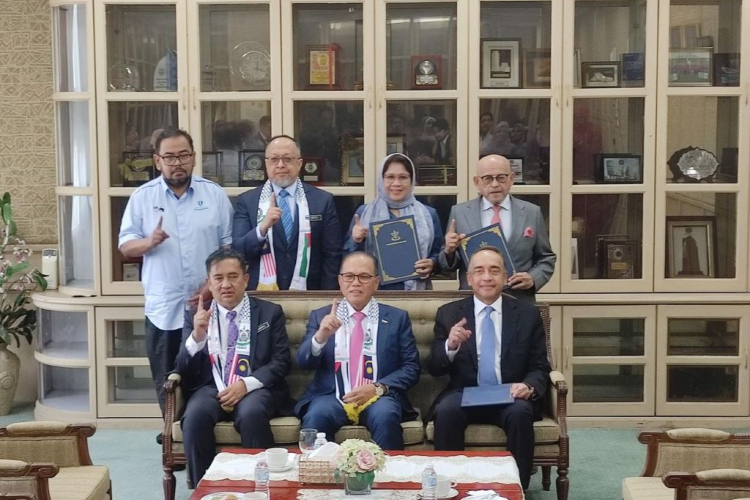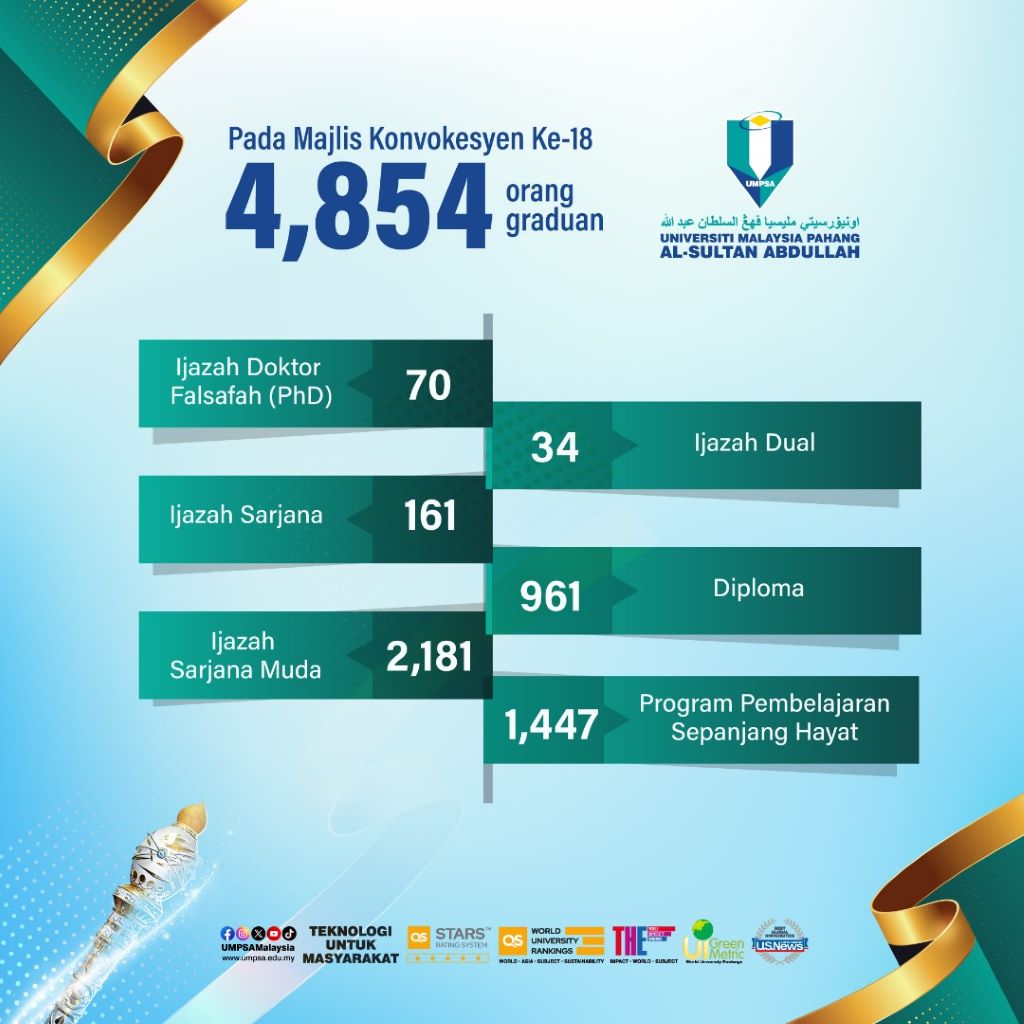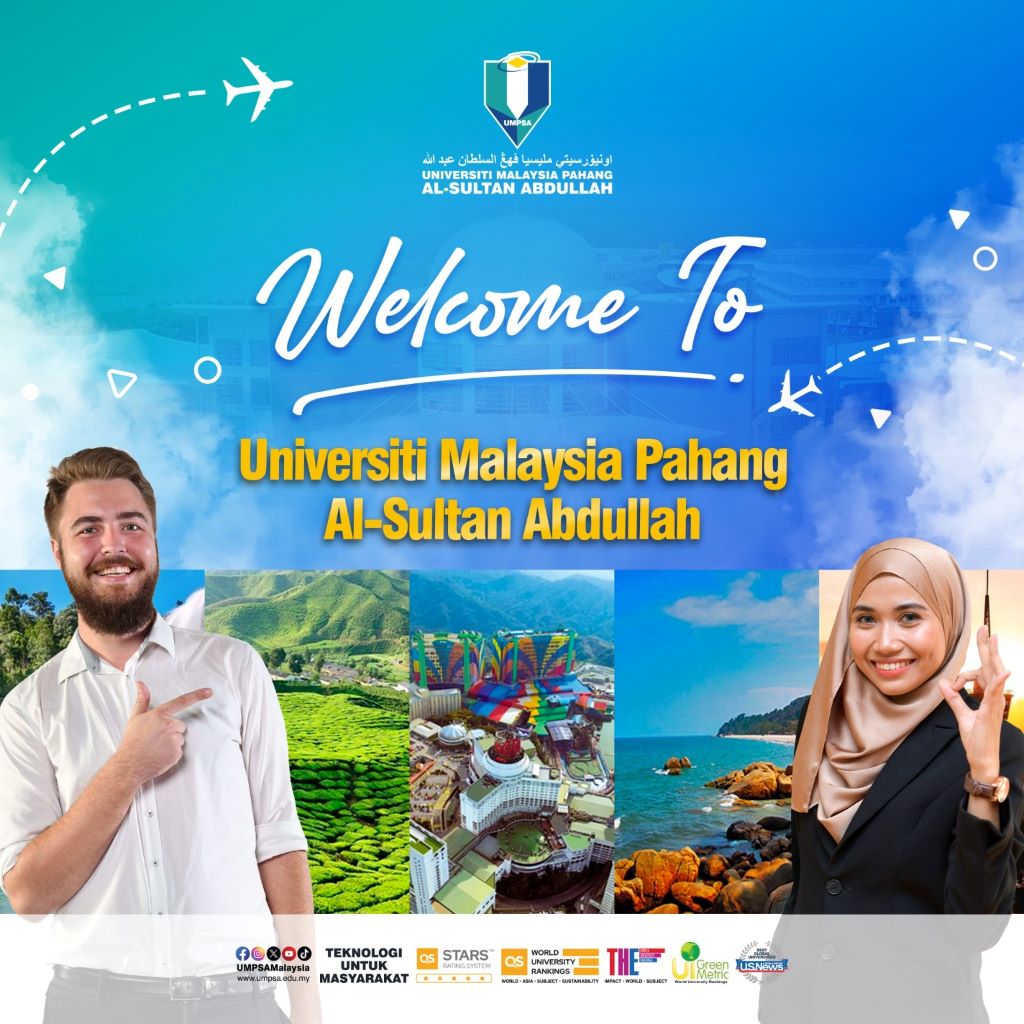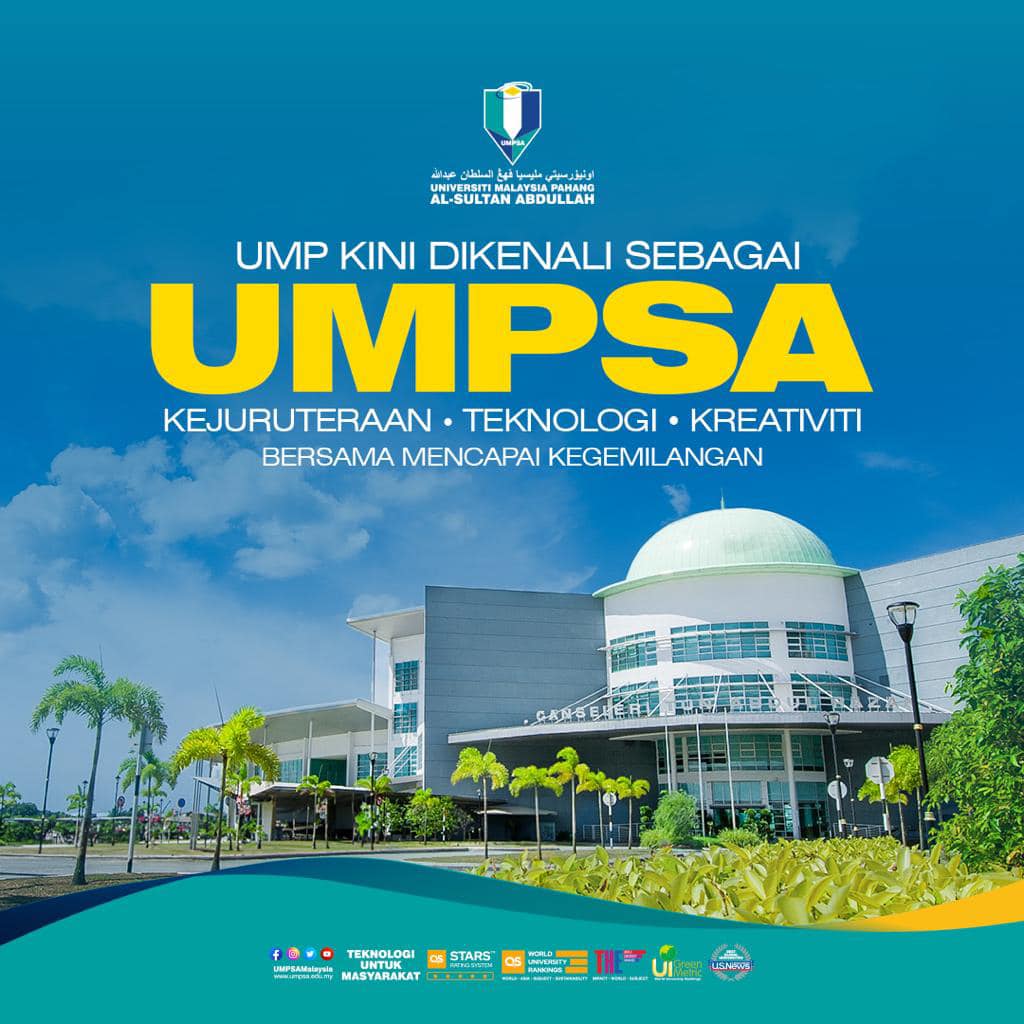 Campus Info Love the country and appreciate the value of true patriotism
It is essential for Malaysians to have the spirit of the truest patriotism, one who loves the country and will do whatever it takes, whether it is related to a perception, belief or faith, in order to defend the nation. In the context of Malaysia having a multi-racial society, it is very important for the people to have a sense of patriotism, take pride in being Malaysians and be loyal to the country. It is equally important too for us to understand the country’s administration system, have a sense of togetherness, understanding, loyalty and respect to the leader and the royal institution, be a disciplined citizen and uphold the country’s good name.
According to former Inspector General of Police, Tan Sri Musa Hassan, if the people loved their country, they must perform their duties to help better the country’s productivity by educating their children to be the best kind of citizens and in the process, help to produce leaders of the future. “Patriotism lives with life-long dedication and sacrifice for the country. It can create a sense of belonging that can further unite the people. “We want to see the people remained united and respectful of one another, and live in peace,” he said. He added that the celebration of the country’s independence was held every year and the symbolic gesture to mark the auspicious day was by flying the flag and singing patriotic songs but this did not necessarily translated into having the spirit of patriotism. “We need to be bold when expressing opinions or contributing ideas, and be sincere so it will lead to good things. “Also, in our efforts to gain a deeper understanding on the meaning of independence, it demands one to learn about the country’s history,” he said. According to International Institute of Advanced Islamic Studies (IAIS) Deputy Chief Executive Officer, Associate Professor Dr. Mohamed Azam Mohamed Adil, the Federal Constitution was a document that balanced the position of the Bumiputras and other minorities. “The secret is compromise - that is the give and take approach, free from ideology and religious extremism. This is the real purpose and intent of those who drawn up the Constitution.
“Our forefathers want each individual in Malaysia to be able to enjoy a life of peace, calm and tranquillity. “They want to see all races from various religious and ethnic backgrounds to each have their pieces of the pie. “Acceptance of the social contract and high tolerance by the three biggest ethnics as well as other ethnics in Sabah and Sarawak essentially stemmed from the togetherness approach that has been long inherent in the Federal Constitution,” he added. Tan Sri Musa Hassan and Associate Professor Dr. Mohamed Azam Mohamed Adil were invited to speak at a programme called ‘Program Bicara Cendekiawan Mulia’ (Talks by Distinguished Scholars) organised by the Office of the Vice-Chancellor and UMP Academics Staff Association (PAKAD). The programme titled, ‘Malaysia Baharu: Patrotisme Tulen atau Retorik Politik?' (The New Malaysia: True Patriotism or Political Rhetoric” was moderated by Dr. Munira Abdul Razak, a lecturer at the Centre of Human Sciences. It was held at Astaka Hall, UMP Gambang Campus on August 28, 2019. Also present were UMP Vice-Chancellor, Professor Ir. Dr. Wan Azhar Wan Yusoff and Pahang Deputy Chief of Police, Dato’ Mohd. Yusri Hassan Basri. Academic & International Personal approach to communities of Natives help boosts pursuit of tertiary education
In line with the vision to promote ‘School for the Community’ and ‘University for the Society’, the Ministry of Education (MoE) is committed to undertake a more personal approach to propagate information about opportunities in pursuit of higher and tertiary education to the Malaysian Natives, based on the former’s three core values and embedded culture – love, happiness and mutual respect. The MoE believes education is the master key to upgrade knowledge and reinforce self-esteem among communities of Natives, who have long been meek and introverted – distancing themselves from outright healthy competition with other ethnicities. Moving forward with such belief, departments under the purview of the MoE – namely Department of Higher Learning (JPT) and Pahang State Department of Education – together with the Department of Natives Development (JAKOA) and Universiti Malaysia Pahang (UMP) took on a synergistic collaboration to conduct a programme called 'Program Sentuhan Kasih@JPT 2019 Bersama Masyarakat Orang Asli' to help boost the standard of education level among the Natives in Malaysia, specifically in the district of Pekan, Pahang. Held at the Sekolah Menengah Kebangsaan (SMK) Lepar in Pekan on August 22, 2019, the programme was officiated by UMP Vice-Chancellor, Professor Ir. Dr. Wan Azhar Wan Yusoff. Also in attendance at the event were JPT Director of Enrollment into Public Institutions of Higher Learning (IPTA), Wahi Nordin; Pekan District Education Head, Mohd Razali Mustafar; and SMK Lepar Headmaster, Mohd Shuha Abdul Karim. According to Professor Ir. Dr. Wan Azhar, underlining such belief, UMP is ever committed to ensure adequate enrolment placement in the university for qualified children of the Natives to pursue their higher education at both diploma and degree levels. “This effort is fully supported by the State Department of Education as well as the federal government agency JAKOA. “The community of Natives should be given equal opportunity and access to higher education as any children from the other races in our country. Their academic potential should be nourished and polished,” emphasized the Vice-Chancellor in his official address. “This Sentuhan Kasih programme is the MoE’s fifth collaboration with JAKOA, with the objective of enhancing communications between community leaders and children of the Natives,” he highlighted. “Manifesting from such familiarity and strong bond of communications, MoE – via IPTA Enrolment Division, or UPU – has enabled a special enrolment passage into local public institutions of higher learning for selected categories of qualified students, such as children of Natives, Disabled applicants, scholastic athletes and those from the B40 income group,” Professor Ir. Dr. Wan Azhar explained. “These selected categories of university candidates no longer have to compete with the mainstream applicants when they apply via UPU Online. They only have to fulfil certain general conditions and special qualifying prerequisites set by the higher learning institutions, and they will be assessed accordingly,” he continued. Professor Ir. Dr. Wan Azhar said for the 2019/2020 academic session, statistics showed some 401 out of 428 Natives students, or about 93.7 percent, who passed the Sijil Pelajaran Malaysia (SPM), were offered placements at public universities across the country. Commemorating the success of the Sentuhan Kasih@JPT 2019 programme, Professor Ir. Dr. Wan Azhar presented UMP Admission Offer Letter to Roni Chandan Kumar Dhar, 20, from Runchang Pekan, who was accompanied by her mother, Nab Hempar, 39. Roni will be pursuing a Bachelor’s Degree in Project Management and her studies is slated to commence on September 2, 2019. Meanwhile, JPT Director Wahi said one of the main objectives of the Sentuhan Kasih programme, is to help explain the enrolment process and prerequisites, application methods and qualifying intake assessment to the Natives. “In addition, this programme is the right platform to highlight existing and new study courses offered at public universities, polytechnics, community colleges and public institutions of vocational training for the 2020/2021 academic session,” he said, adding that there are also Distance Learning Programme, Part-Time Study Programme and Short Courses available. At the Sentuhan Kasih programme, Wahi said the Natives would also have access to information on Lifelong Learning Programme (PSH) – which is conducted in a completely different manner when compared to formal learning. “For instance, if a working candidate would like to pursue the PSH programme, he would be briefed on the Accreditation of Prior Experiential Learning, or APEL, introduced by the Malaysian Qualifications Agency (MQA). “Simply put, APEL enables individuals who have work experience but lack of formal academic qualifications to pursue their studies at higher education institutions,” he said. Current year statistics show that 9,688 Natives children are between the age of six and 12, while 4,906 are studying at secondary schools. Over 35,736 Natives in Pahang are categorized as youth aged between 15 and 40 years old. To date, about 1,090 Natives undergraduates are pursuing various fields of studies at public universities across the country. There are also those who are currently pursuing their tertiary studies, including Master’s and Doctorate, at universities abroad. |
New Straits Times
Pahang Crown Prince: Spend wisely, celebrate Aidilfitri moderately
Sinar Harian
Bacaan surah al-Jumu'ah bergema di padang MBK1


